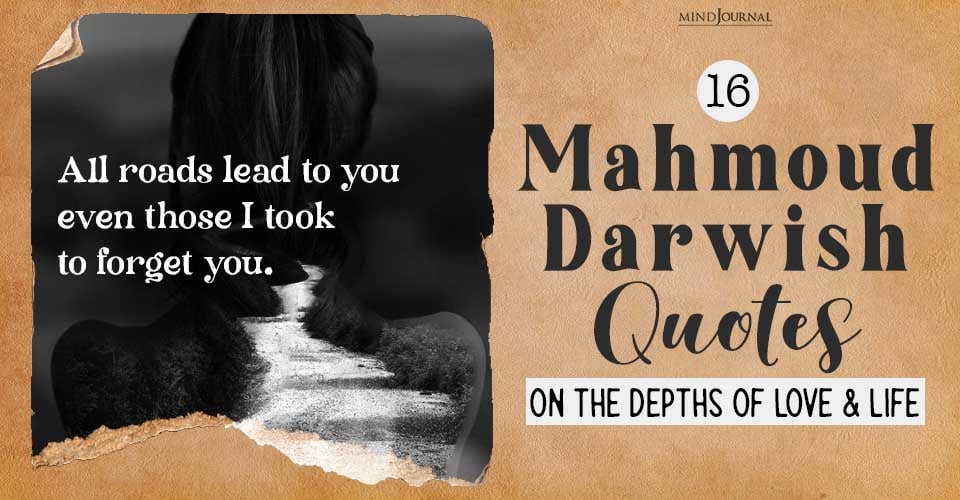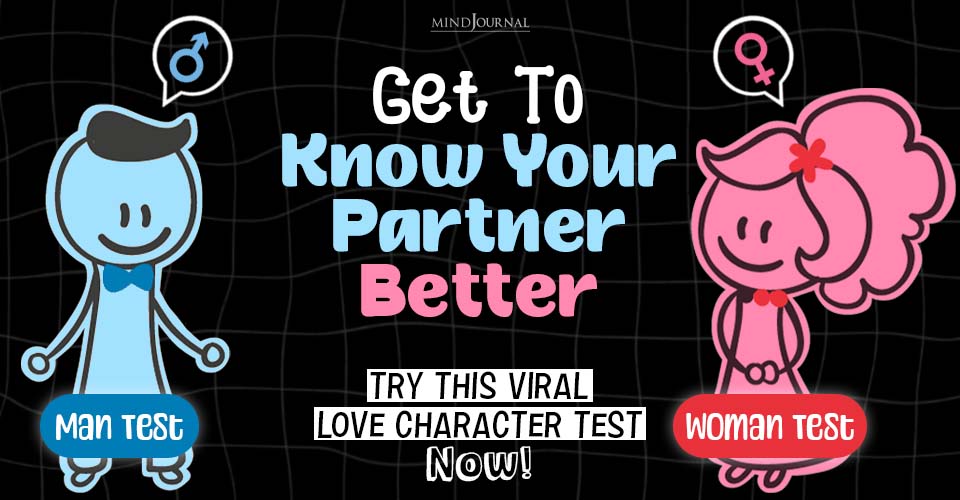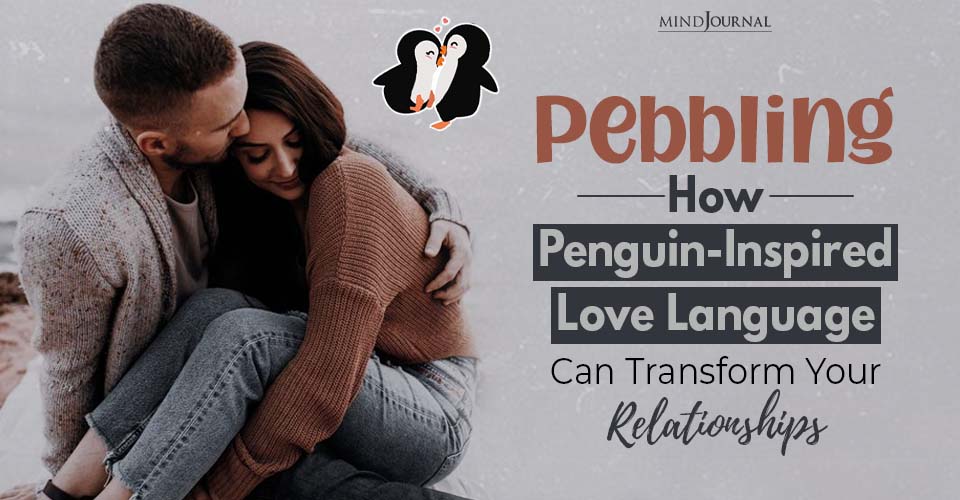Is it possible to love someone but not feel emotionally close? Do you have a longing to connect, but your yearning gets frustrated. . . without knowing why? Here’s why love is not enough in a relationship and what is it that you need to focus on.
Love is Not Enough
Sadly, there is often a gap between the love we feel in our hearts and the emotional intimacy we experience with someone. The connection we desire may seem so close, so we keep trying, yet it may remain sadly elusive. It’s maddening when you love someone but don’t experience the trust and safety that are necessary for the relationship to thrive. This emotional safety is an essential foundation for an intimate relationship.
Also read The Truth About How A Man Chooses The Woman He Wants To Marry
Ingredients of Emotional Safety
When we feel emotionally safe, we feel internally relaxed with a person. Our guard is down and our shields don’t go up when we interact. We feel free to be authentic, which includes expressing our hurts, discontents, and longings without fearing that we’ll be criticized or shamed.
According to John Gottman’s research on marital success, one of the four factors that lead to troubled relationships is defensiveness (along with criticism, contempt, and stonewalling). We defend ourselves against the painful feelings that might pierce our hearts if we are blamed, judged, shamed, or rejected. Maintaining this invisible wall becomes a barrier that doesn’t allow our hearts to remain soft and open.
Also read 5 Practices of Resilient Relationships
There are many possible ways to protect ourselves when we don’t feel safe. We may shield ourselves by shutting down and staying distant; we might minimize contact with a partner or friend. Or we might become critical of others before they have a chance to criticize us. Or we defensively turn the tables on them when they express some dissatisfaction with us. (“Well you’re not a good listener either!” or “You’re the one who’s always late, not me!”).
When we feel safe with a person, we don’t need to be defensive because there is little to defend against. When we feel consistently treated with respect and kindness, we can relax internally with a person. As we trust that our partner or friend has the intention and capacity to see who we really are—to hear and understand us, even if they fall short sometimes—we relax more and more with them, which strengthens trust and builds intimacy.
Building a trusting, non-defensive relationship requires that we give to another what we ourselves desire. Love asks for reciprocal sharing—extending ourselves toward another’s world in a way that lets them feel emotionally safe with us. Enjoying the beautiful dance of intimacy—the path of “undefended love,” as Jett Psaris and Marlena Lyon call it—requires two self-aware, undefended people who are emotionally honest with themselves and each other.
Being Ourselves and Being Truthful
One of the blessings of building safety in a relationship is that we feel free to be ourselves. If we’ve been hurt in the past, we may have vowed to never to be so trusting and open again! Our heart may flash the signal: “not available to love and be loved.”
Life is richer when we find a partner and friends with whom to enjoy the special connection that comes from being ourselves and feeling accepted as we are. As two people feel safe to be vulnerable with each other—expressing tender feelings and desires without the fear of criticism or rejection—the connection grows.
Emotional safety also requires telling the truth and keeping agreements. We can’t feel safe with a person who is deceiving us or when their actions are not congruent with their words. Authentic, open, trustworthy communication is the life-blood of an intimate relationship.
Of course, no one is perfect, and it’s much easier to perceive others’ imperfections than to spot our own. It is inevitable that trust will be broken, even in the best of relationships. But emotional safety can be restored if two people can find the courage and willingness to address the breach through open, non-defensive dialogue. Marshall Rosenberg’s approach to non-violent communication is one effective way to bring good communication skills to our intimate relationships.
There may be times when we don’t feel emotionally safe due to our own unhealed wounds from past relationships, whether in our family of origin or past partnerships. As Jett Psaris and Marlena Lyons state in their excellent book, Undefended Love:
“Finding intimacy begins with discovering ourselves. . . have to be visible before we can be seen. We have to be available before our hearts can be affected. And we have to be present before we can be intimate.”
If we never take the risk to reveal our feelings and wants in a non-defensive way, we may never give the relationship a chance to deepen. Revealing our true feelings lets us sense whether or not we feel emotionally safe with a person—safe enough to continue being open and vulnerable.
Also read 6 Toxic Relationship Habits Most People Think Are Normal
It’s easier to love a person than to feel intimate with them. Intimacy requires emotional safety. As we do the internal and external work necessary to build that safety in our relationships, we may solve the mystery of what is needed to feel emotionally connected and intimate with someone we love.
© John Amodeo
Do you agree that love is not enough in a relationship? Comment below!
References Psaris, J & Lyons, M (2000). Oakland, CA: New Harbinger Publication, Inc.
Written by:John Amodeo Originally appeared on:Psychology Today Republished with permission










Leave a Reply